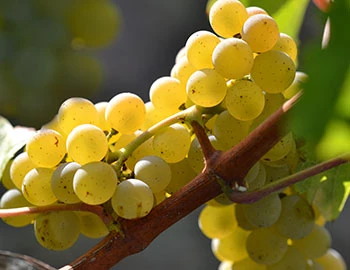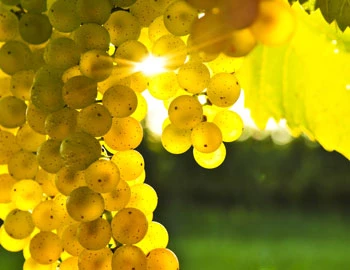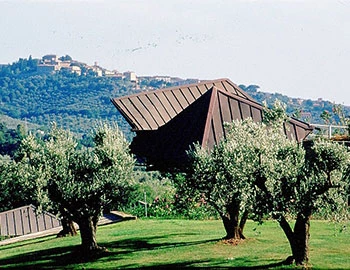Aulente bianco 2020
IGT Emilia-Romagna, San Patrignano, 750 ml

| Grape variety: | Chardonnay, Sauvignon Blanc |
| Producer: | San Patrignano |
| Origin: | Italy / Emilia-Romagna / Sangiovese di Romagna |
Description
Pale golden green hue. An aromatically expressive floral and white fruit nose of acacia, cyclamen and citrus. Forward, pleasant taste, elegant thanks to its balanced freshness. Lovely aromatic expression for a simple, honest wine.
Attributes
| Origin: | Italy / Emilia-Romagna / Sangiovese di Romagna |
| Grape variety: | Chardonnay, Sauvignon Blanc |
| Label: | Vegan |
| Ripening potential: | 2 to 6 years |
| Drinking temperature: | 10 to 12 °C |
| Food Pairing: | Italian antipasti, Fish terrine |
| Vinification: | fermentation in steel tank, soft pressing, cooling period, fermentation at low temperatures |
| Harvest: | hand-picking, strict selection, in small boxes |
| Maturation: | in steel tank |
| Bottling: | filtration |
| Volume: | 13.0 % |
| Note: | Contains sulphites |
Sauvignon Blanc
The Sauvignon blanc can be recognized with your eyes closed. Its typical bouquet is marked by green notes: freshly cut grass, tomato bunches, gooseberry. Citrus fruits, cassis and flint join into the mix. In warmer latitudes it also shows exotic aromas, such as passion fruit. Its acidity is decidedly lively. In all likelihood, it comes from the Loire Valley, where it is vinified in Pouilly-Fumé and Sancerre in its purest form: varietally, and without timber. In the 18th century, it found its way to Bordeaux. Ambitious producers assemble it there with Sémillon into substantial whites, which are aged in oak barrels. The Sauvignon blanc has been a sensational success in the past 20 years in New Zealand. With its refreshing sweet-and-sour style, winemakers from down under have conquered the world. The rich Sauvignons from Styria and crisp examples of South Tyrol and Friuli are worth mentioning as well. It pairs with anything from the sea. Or do it like they do on the Loire, and enjoy it with goat cheese.

Chardonnay
King or beggar?
Hardly any variety of vine shows such a broad spectrum of quality as the Chardonnay. Its wines range from faceless neutrality to breath-taking class. It is an extremely low-maintenance vine, which explains why it is grown around the world – even in places where it probably should not be. The aromas of the Chardonnay variety are not very pronounced: a bit of green apple, a little hazelnut; in warmer latitudes, also melon and exotic fruits. The wines are often defined by maturing in casks. They develop more or less subtle notes of butter, toasted bread and vanilla. The grapes achieve their highest expression in their region of origin, Burgundy. Its heart beats in the Côte de Beaune: one might think of the plant growth of Meursault or Puligny-Montrachet. With their finesse and complexity, they can survive for decades. Chardonnay also achieves first class in some Blanc-de-Blancs champagnes. It additionally yields great wines in the Burgundian Chablis, and increasingly in Australia and Chile. A simple rule of thumb for pairing with food: When butter and cream are involved, you cannot go wrong with Chardonnay.

Italy
Italy – Where wine is a way of life
The Italian wine regions are extremely diverse, and this is made clear in their wines. Established varieties such as Merlot, Syrah, and Sauvignon can be found on just 15 percent of the total vine growing area. The remaining 85 percent is reserved for autochthonous, indigenous varieties. More than 2,000 different grape varieties are grown under diverse conditions and pressed with various techniques into wines that reach the top tier of the international wine market.



